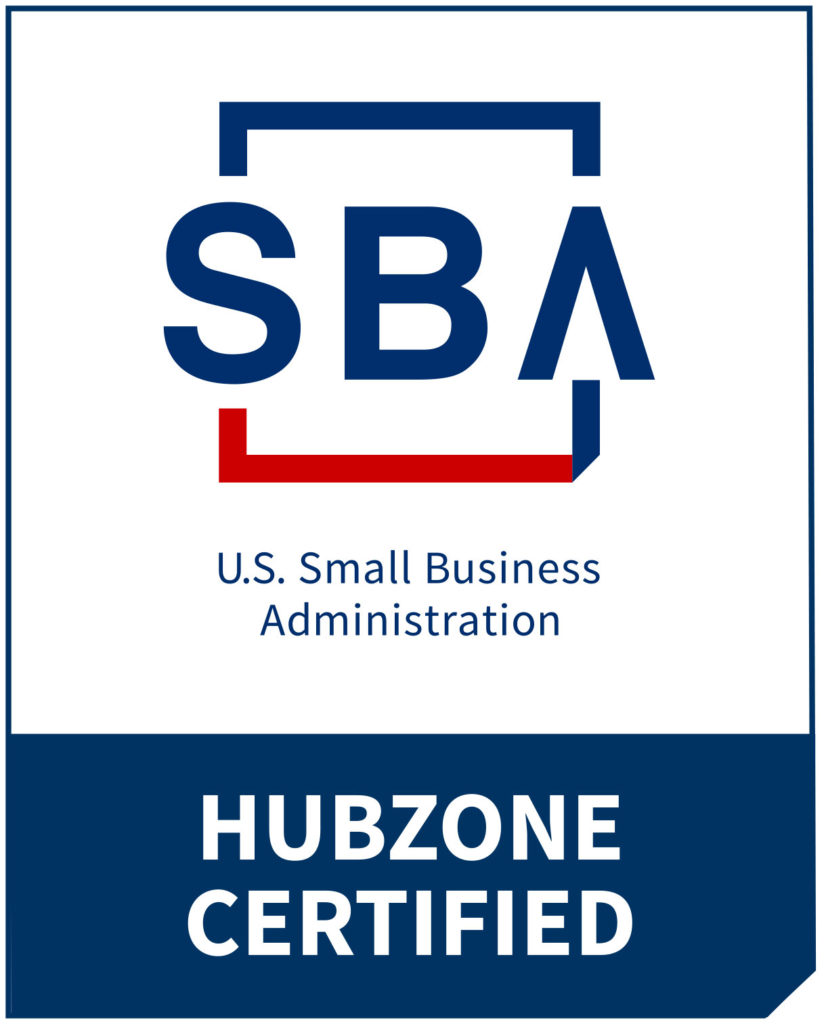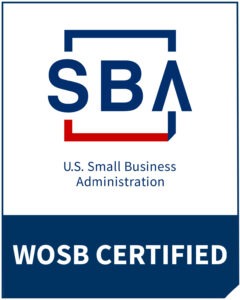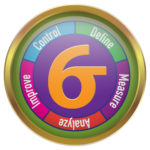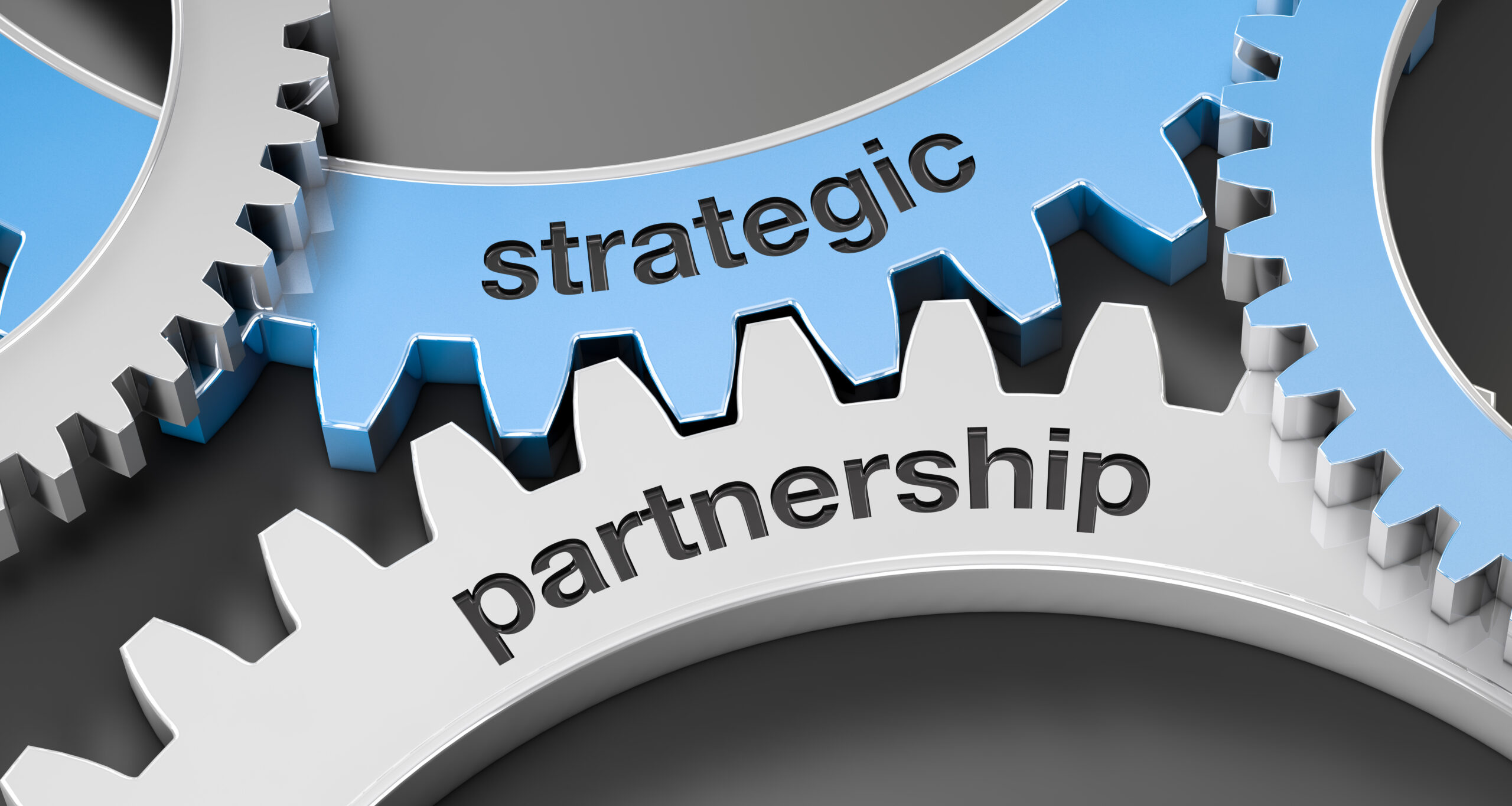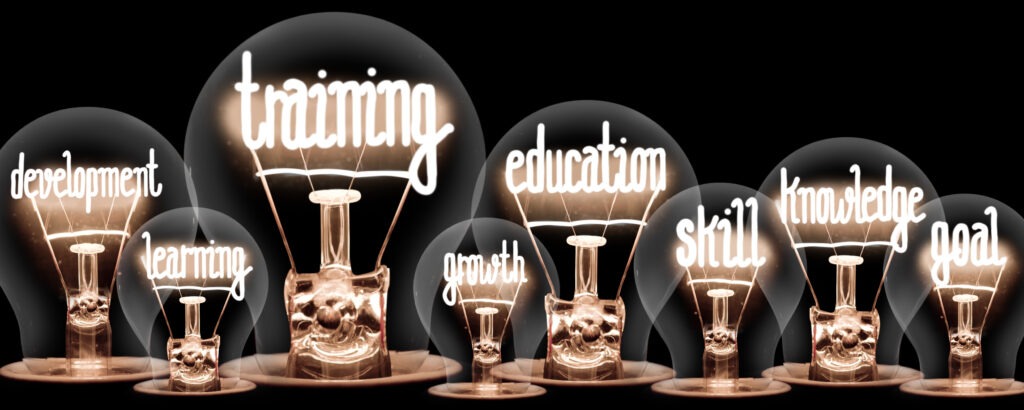Welcome to Purposeful Concepts LLC!
Let’s connect and learn how we can help meet your needs, or become a partner on a project!
We believe, Education is POWER!
We provide Educational Support Services, Curriculum and Program Development, through a hybrid/in-person and online delivery methodology and include multiple language translation. Our Professional Consulting Services focus on multigenerational programs and people from all walks of life.
Ask us about our Senior Focused technical approach, or our Youth Development and Life Skills programming. Our focus on foundational body, mind, and soul wellness evokes new consciousness!
Lifestyle Wellness:
Let us guide you in educational components that assist humanity as it begins to better understand their role in “Lifestyle Wellness,” and self-care management. As the use of data collection and personal preferences is reviewed by insurance carriers, providers, and people, a new personalized “health goal” will emerge.
From Entrepreneurial and Small Business navigation, K-15 education, healthcare administrator’s, clinicians, essential service workers, to youth & families – new learning methods in self-care, overall wellness, and mind-management techniques will be essential to understand.
Purposeful Concepts is in the Heart of Rochester, New York!
Overall Capabilities Statement – PCLLC Barbara A Lake
Women’s Business Enterprise (Monroe County)#000047 with a Monroe County (NY) Vendor #11126810
New York State Certified
WOSB Certified
HUBZone Certified
DUNS #128468270
UEI: UKZBZ15RKJ58
CAGE: 9BED9
Let’s discover how we can work together!
|
Healthcare Methodologies and Strategy Education |
Community Health & Wellness Education and Youth Programming |
|
|
| In working with and in healthcare facilities, we realize the need for different methodologies which involve “stakeholders” in three separate roles or departments/areas. |
Youth – the leaders of tomorrow! With an emphasis on diversity, equity, and inclusion (DEI) and Social Determinants of Health (SDOH) we work with organizations, educational institutions, facilities, and schools to best identify a starting point that meets your needs. Exposing overall wellness from a “Mind, Body, and Soul” perspective, while engaging youth in programs, Entrepreneur strategy, and skills focused on navigation in everyday life. |
|
1. The Consumer or patient, who may be a caregiver to a loved one as well. 2. The Provider or physician or clinician delivering care to the consumer 3. A Healthcare Facility where modalities of treatment measures are provided, or a Long-Term Care (LTC) also known as a Skilled Nursing Facility (SNF) |
1. Economic Stability (Civics-Identify disruptions and strategies to overcome barriers through inspiring and engaging youth, along with prioritizing action items) 2. Education Access and Quality Programming 3. Health Care Access and Quality (Wellness- Body-Mind-Soul, what we consume, new concepts to try) 4. Neighborhood and Built Environment (Area activities, scholarships, volunteering) |
Based on the above roles, processes that lead to compliance aren’t easily comprehended. Understanding ever-changing care delivery, accountability, and responsibility can become complex, often time consuming, and frustrating to navigate.
Our goal is to save you time and resources with the ability to measure quality improvement. ASK US regarding how:
We help Providers with specific tasks in education and patient literacy. With the scheduled shift from a MIPs model to MVPs; a person-centered methodology will drive new care innovation.
Help Long Term Care (LTC), one of the newest inclusions to CMS Regulatory Compliance, FTAG tool, QAPI (Quality Assurance – Process Improvement) outline, and our educational strategy to assist with compliance as well as a Plan of Correction (POC)
We look at REAL issues through multiple data sources including, the lens of the Community Health Needs Assessment (CHNA), community data, listen to what youth and families prioritize as where they want to be engaged. We educate using the “whole person,” body, mind, and soul that makes up each unique individual. Through discussion, we learn the barriers they face within all demographics to realize collaborative concepts to prioritize based on their goals. Using a R. (respect) E. (equity) A. (awareness) L. (learning) outline in programming, diversity, equity, and inclusion are top of mind in our strategy.
With insight in all the “touch points” of care delivery, our tool is available online, 24/7, to meet YOUR needs wherever you are located. Additionally, we include the ability to translate our resources, tools, and educational metrics into any language. This allows users to comprehend in their native tongue which increases learning outcomes measurement as well as their ability to educate or onboard new members or staff.
This is just one demonstration of our abilities in helping humans understand terminology, healthcare acronyms, and increase literacy within each specific pathway.
To understand what is required, manage workflows, and improve outcomes requires an easy to follow, step-by-step educational tool which we can develop with you in mind.
Need us to focus on a specific topic or help educate your staff to the importance, ASK US! We create custom tools, using a best-practice approach.
We look forward to hearing how we can help meet your needs or partner on a project or procurement proposal!
Coaching
Are you interested in exploring methods to develop new skills, strategies, and partnerships? A wise friend used to say, “Culture can eat strategy for lunch!” Oftentimes we observe patterns or behaviors in the workplace or executive leadership where the thought process of “culture” aligns with the outcomes we often measure. One concept of where to start is in simply asking the following:
- What is the challenge I/we would like to overcome?
- What are the perceived barriers?
- Why are those barriers present?
- Who owns them (do I/we have the authority to overcome the barrier I/we am trying to solve?)
- Where do I start? (Do not be concerned with this answer, we’re on your team -that’s our Purpose!)
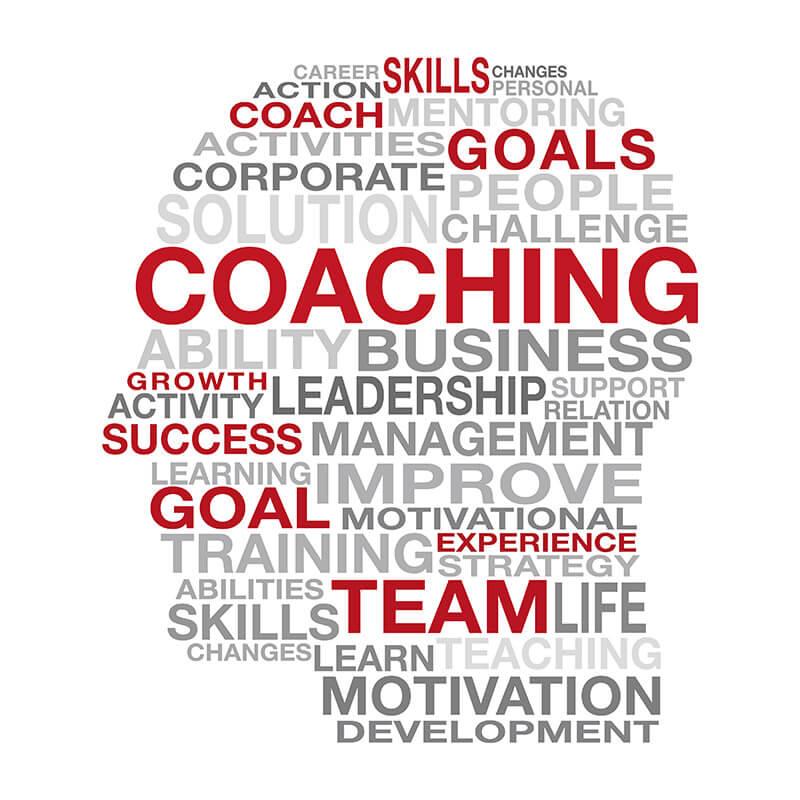
Define your strategy to embrace diverse, intergenerational opportunities’…
For the first time in history, there are five generations in the workplace. They are:
- Traditionalists – born 1925 to 1945
- Baby Boomers – born 1946 to 1964
- Generation X – born 1965 to 1980
- Millennials – born 1981 to 2000
- Generation Z – born 2001 to 2020
- Generation Alpha – born 2020 the first born entirely in the 21st century
Each generation bring a variety of skillsets and experience that can lead to innovative concepts encompassing solutions for organizations, living arrangements, and family structures. Realtors now face the challenge of finding dwellings that accommodate multiple generations. From business perspectives to families understanding core values, work ethic, communication preferences, feedback preferences, as well as stereotypes provides useful insight moving forward.

Personally Grow and Flourish!
When we decide to develop a comprehensive view of ourselves, the fundamentals of living a good life, and accepting ourselves, change happens!
Learning where we want to start, accepting the fact we are imperfect, but responsible and capable, we realize we can do better, work towards new goals and boundaries, and work with others who support our efforts.
Transformation can be considered “tough work” to accomplish since it allows awareness in the current state of three elements that include:
- physical or body; where we need to determine our personal “self-destructive” behaviors before we can specifically identify where and how to disengage.
- emotional and/or soul; do we experience “emotional poverty.”
- cognitive or mind; what are the mind-body interactions.
Committing to “intentional living” towards the goals we are looking to achieve help us to “shine” as examples for others to follow. Oftentimes people imagine the “family” as a model of support in a household where basic needs are met for all the members (health, education, wealth, food, nutrition, safe water, and good sanitation, etc.), Over the last 20 years the American family, including the structure, marriage, and parenting have shifted, and the “nature” and structure needs re-examination and has encouraged demographic re-structuring.
As we become aware of an action or experience, the next step is to learn how to heal. Mistakes do not define WHO we are, rather the beginning of the realization of how to improve.


